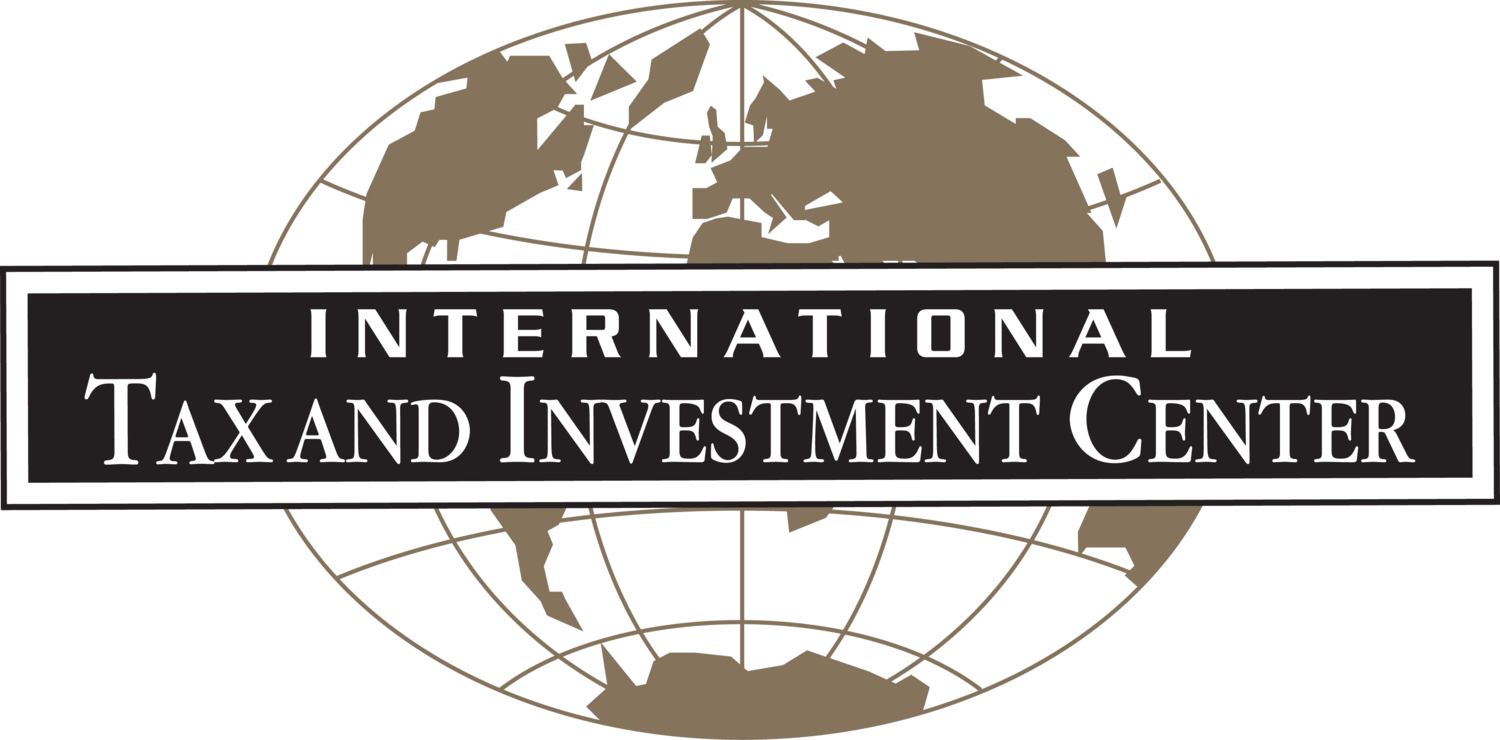Post-COVID-19 Paper Series
September-October 2020 | Eight-Part Series | Full Compendium | Webinar Replays
Working with a number of highly regarded international experts, ITIC developed the series, Post-COVID-19: How Governments Should Respond to Fiscal Challenges to Spur Economic Recovery, to offer tax policy guidance to developing countries during the post-pandemic recovery.
Covering a half-dozen topics in tax policy, this series analyzes both effective measures to be pursued and problematic options to be avoided for their potential net-negative impact in terms of other revenue streams, employment, and indirect/secondary effects, etc. In short, what should governments consider doing to raise revenue without harming growth and investment?
Beginning with a macroeconomic scene-setter on the fiscal implications of rising debt levels, the series explores the post-crisis environment for best practices in several key aspects of international taxation, including corporate taxation, transfer pricing and withholding tax, VAT, oil and gas fiscal policies, excise taxation, and taxation of SMEs.
The entire series has been published by Tax Notes International and is now available on TaxNotes.com.
Post-COVID-19: Responding to the Fiscal Challenges | Charles McLure
“Featured Analysis” by Tax Notes (4 September 2020) — An introduction to the series, “Post-COVID-19: How Governments Should Respond to Fiscal Challenges to Spur Economic Recovery,” coordinated by the International Tax and Investment Center (ITIC) to offer tax policy guidance to developing countries during the post-pandemic recovery phase.
Coronavirus — Fiscal Challenges for Emerging Markets | Oxford Economics
“Featured Analysis” by Tax Notes (4 September 2020) — Oxford Economics analyzes the impact that the coronavirus pandemic will have on emerging markets and the wider world in 2020
Post-COVID Corporate Tax Policy | Prof. Jack Mintz
“Featured Analysis” by Tax Notes (11 September 2020) — Prof. Mintz considers how the COVID-19 pandemic recession will affect the way governments address corporate taxation, comparing the responses to the current recession with the post-2008 financial crisis deficit.
Global Tax Policy Challenges After COVID-19: Transfer Pricing and Withholding Tax Aspects | Hafiz Choudhury and Peter Hann
“Featured Analysis” by Tax Notes (18 September 2020) — In this installment, the authors consider how governments can increase tax compliance during the COVID-19 crisis through more efficient enforcement of existing legislation in areas such as transfer pricing and the effective use of withholding mechanisms without discouraging businesses from restructuring or protecting supply chains.
VAT in and After the Pandemic | Prof. Richard Bird
“Featured Analysis” by Tax Notes (25 September 2020) — Prof. Bird considers how countries can use VAT during the COVID-19 pandemic recession to increase revenue without raising rates and make the structural and administrative changes to improve VAT from all perspectives.
Using Excise Taxes to Increase Government Revenue Post-COVID-19 | Elizabeth Allen
“Featured Analysis” by Tax Notes (2 October 2020) — In this installment, the author considers how governments can increase their tax revenues during the coronavirus pandemic through existing or new excise taxes.
Oil and Gas Fiscal Policies: The Impact of Oil Price, Investment, and Production Trend | Carole Nakhle and Theo Acheampong
“Featured Analysis” by Tax Notes (9 October 2020) — In this installment, the authors analyze whether oil and gas host governments might revisit their upstream fiscal regimes following the coronavirus pandemic and, if they do, what measures they might adopt in the shorter term.
Taxation of SMEs to Support Economic Recovery Post-COVID-19 | Elizabeth Allen and David Child
“Featured Analysis” by Tax Notes (16 October 2020) — In this installment, the authors look at the effect COVID-19 has on small and medium-size enterprises and on tax revenues, outlining the short-term help tax systems can provide SMEs to stay in business and how tax policies and administration can be regeared to help the SME sector grow.

